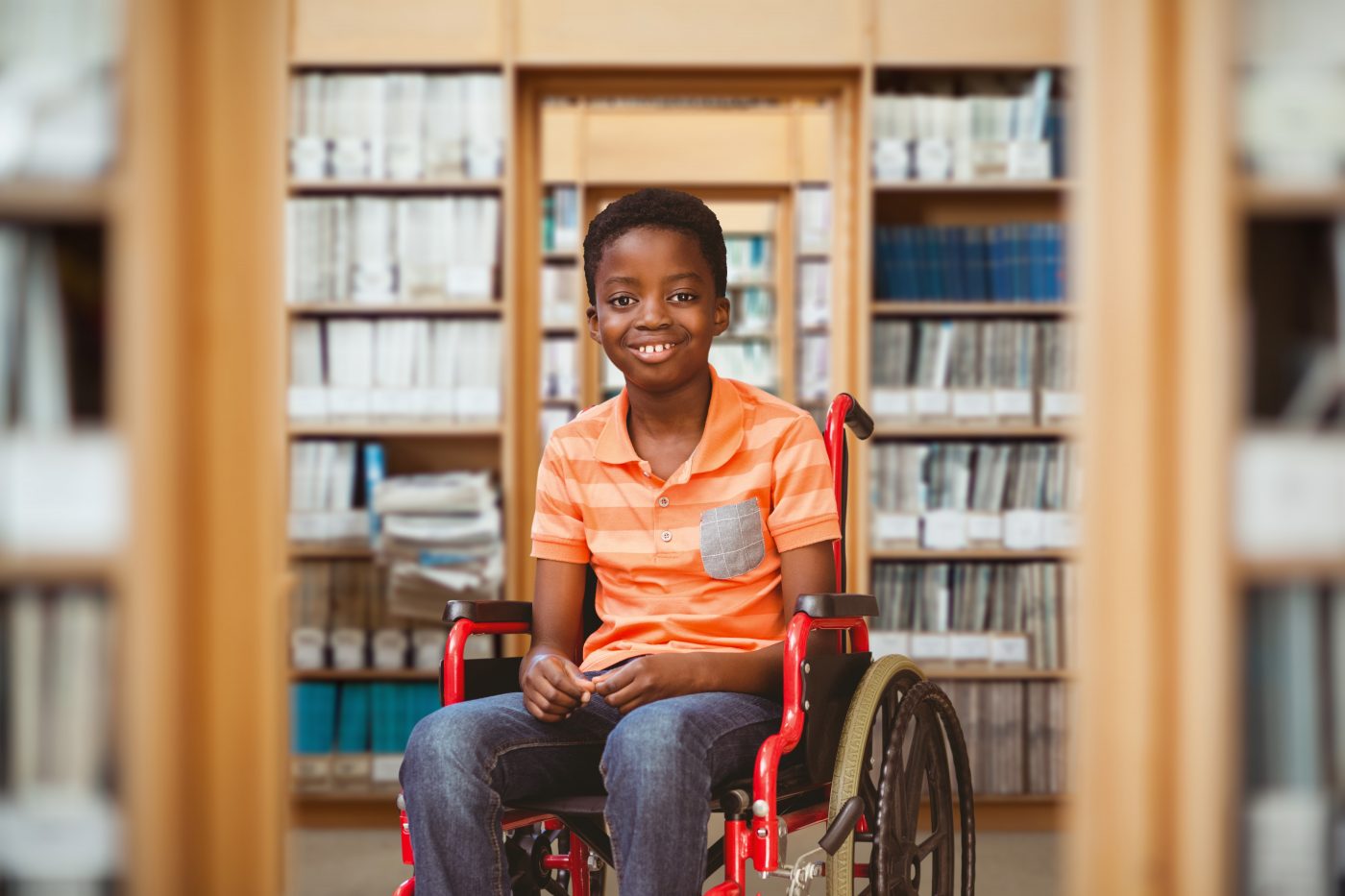Full 6-Month HOPE Trial Results of Capricor’s CAP-1002 for DMD Presented at Muscle Society Congress

Capricor Therapeutics presented positive six-month results from the HOPE trial of CAP-1002, a stem cell-based therapy for Duchenne muscular dystrophy (DMD), at the 22nd International Congress of the World Muscle Society, Oct. 3-7 in St. Malo, France.
The poster is available on Capricor’s website. The Phase 1/2 HOPE trial (NCT02485938) included boys and young men ages 12 to 25 (the average age was 17.8) whose DMD had involved their hearts. They were randomized into receiving either CAP-1002 treatment or usual care. The trial was open-label, meaning the participants and the trial investigators knew who was getting which therapy.
The trial is projected to last 12 months, but improvements have already been seen in heart function at the six-month mark, and in upper limb function at the six-week and three-month points.
At six months, thickening of the heart’s left ventricle walls increased significantly, by an average of 16.3% to 31.2% (depending on which part of the left ventricle was analyzed) in the treatment group, while patients receiving usual care saw decreases in left ventricle wall thickness.
Thickening of the heart’s left ventricle walls is a measure of the function of the left ventricle, which is crucial to pumping oxygenated blood throughout the body.
The sizes of scars in the heart were also markedly reduced in the test group receiving CAP-1002 compared to the group that received usual care.
While shoulder function had already been lost in these patients before the trial began, given their ages, Performance of Upper Limb (PUL) tests showed improvements in the middle-plus-distal regions (forearm and hands) in the treated group.
No difference in treatment-related adverse events was observed between the CAP-1002-treated group and controls who received standard-of-care therapy.
Capricor hopes to announce the results from the completed 12-month HOPE trial by the end of this year, although the study itself will continue through 2021.
The trial was designed to evaluate the safety and efficacy of a single dose of CAP-1002 delivered directly to the heart. Capricor anticipates initiating a second trial, HOPE-2, in boys and young men with Duchenne, at the beginning of 2018, pending FDA regulatory approval. It will test delivery of a repeat dose of CAP-1002 by intravenous injection.
“These findings are especially significant because the patients in the HOPE trial were preteens or young men who were in advanced stages of Duchenne muscle disease,” said Ron Victor, MD, professor of medicine and the Burns and Allen Chair in Cardiology Research at Cedars-Sinai Heart Institute, in a press release.
“Most other studies in DMD have focused on pediatric patients in earlier stages of the disease,” said Victor, also a principal investigator for the HOPE trial. “To see such positive results in a clinical trial with just one dose of CAP-1002 sets the stage for the next step of evaluating multiple doses of this innovative cellular therapy in a larger trial.”
Linda Marbán, PhD, Capricor’s president and CEO, described the six-month findings as “exciting” and said they propel CAP-1002 into the next development phase for the treatment of Duchenne.
“Subject to regulatory approvals, we expect to initiate the randomized, double-blind, placebo-controlled HOPE-2 clinical trial of intravenous, repeat-dose CAP-1002 in the first quarter of 2018,” Marbán said.
“The primary efficacy endpoint will be based on the PUL, and the HOPE-2 trial may potentially serve as a registration study. We also look forward to presenting 12-month follow-up results from the HOPE trial at a major medical conference later this quarter,” she added.
The HOPE trial was partly funded by the California Institute for Regenerative Medicine.






